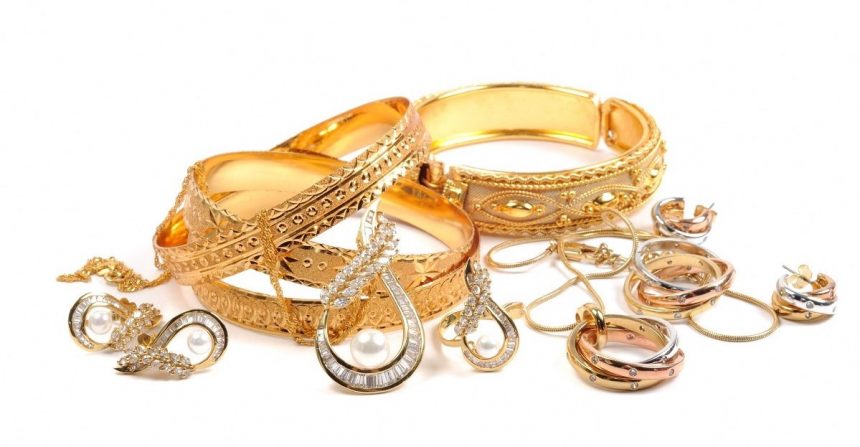When it comes to buying jewelry, it’s important to consider more than just its appearance. Ethical concerns, such as environmental impact and human rights issues, should also be taken into account.
While there is no universal certification for ethical jewelry, there are ways to ensure that your purchase aligns with your values. Look for retailers who can trace the origins of their materials back to the mines and ask questions about their sourcing practices.
Clean Diamonds
The Kimberley Process Certification Scheme helps to reduce the trade of conflict diamonds, but it’s not foolproof. Companies like Tiffany & Co. and Brilliant Earth go above and beyond to ensure their diamonds are ethically sourced.
Green Stones
Colored gemstones, too, have their own set of ethical issues. Look for companies like Gemfields that align with sustainable development goals and prioritize ethical practices.
Ethical Metal
Recycled gold is a more sustainable option for jewelry settings, but supporting initiatives like Fairtrade Gold and Fairmined can help improve mining practices for precious metals.
The Final Word
Consumers have the power to drive change in the jewelry industry by asking questions and making informed choices. Consider upcycled jewelry as a meaningful gift that reflects your shared values.
Editor’s note: This article was originally published on November 20, 2018 and updated in June 2024.






